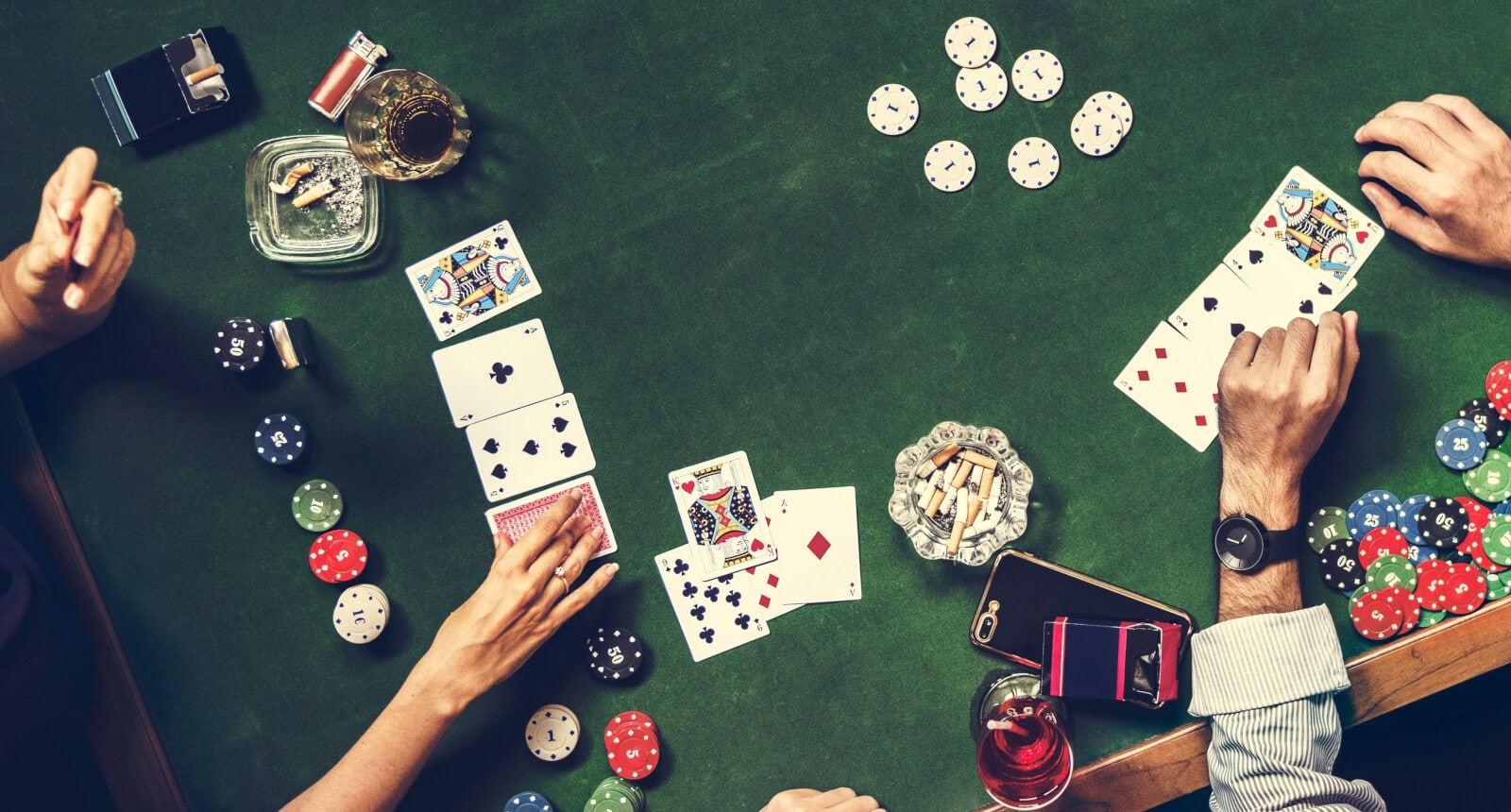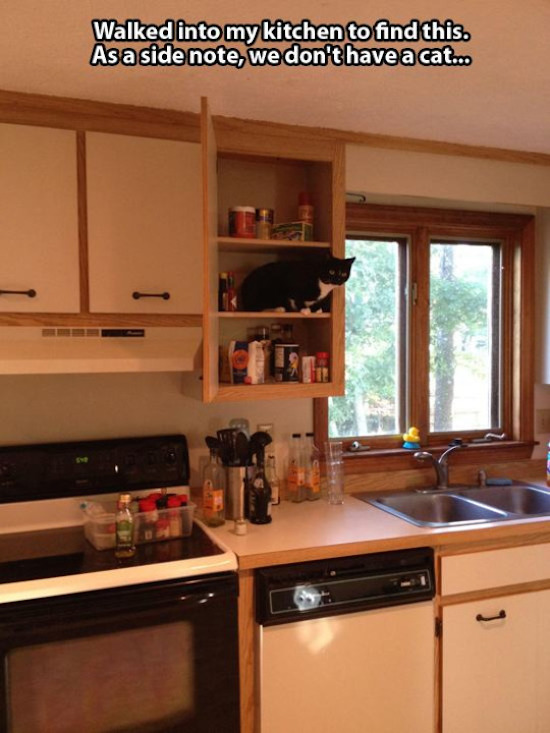How To Know If You Have Gambling Problem
- Either you believe you, or someone you know, might have, or be at risk of developing, a gambling addiction. Once addiction sets in, it can be incredibly hard to break. The best thing you can do is recognize the signs before things spiral out of control.
- If you find that checked a lot of the boxes in #1 or you answered 'Yes' to questions 2 through 5, you may have a gambling problem. Think about learning more about gambling or have your gambling assessed by calling the 24-hour Helpline.
- How Do You Know If U Have A Gambling Problem
- How To Know If You Have Gambling Problem Gambling
- How To Know When You Have A Gambling Problem
As if the economic downturn hasn’t given us enough to worry about, now experts are expecting a dramatic rise in problem gambling! Bill Eadington, the director of the Institute for the Study of Gambling and Commercial Gaming, says that six out of 100 adults are at high risk for gambling problems. However, when times get tough, more people tend to gamble, and veteran gamblers tend to bet more. In fact, people who are desperate because of record layoffs, home foreclosures, and failing investments may turn to gambling as a last resort to rescue them from financial ruin – which almost never happens. Also, according to MSNBC Health, we’re in the midst of peak gambling season right now, which runs from the Super Bowl through March Madness, the month-long college basketball tournament. Last year alone, March Madness bets exceeded $238 million – and that didn’t include informal office pools. So, how can you tell if you have a gambling problem? Ask yourself these questions, courtesy of Gamblers Anonymous:
We have already mentioned the basic definition of problem gambling in the first paragraph of the article. Problem gambling is the urge to gamble continuously in spite of its harmful or negative consequences, or the inability to stop gambling even when you know you should. Signs that Someone May Have a Gambling Problem or Addiction It is often more difficulty to recognize the specific signs of a gambling addiction compared to a substance abuse addiction as with.

- Have you ever lost time from work or school because of gambling?
- Has gambling damaged your reputation?
- Have you ever felt guilty afterwards because of the money you lost?
- Have you ever gambled to get money to pay your debts or solve a financial problem?
- After losing, did you feel you had to return as soon as possible and win back your losses?
- Have you ever borrowed money, sold anything or stolen anything to finance your gambling?
- Do you ever have an urge to gamble when you’re worried, bored, lonely, angry, frustrated, or disappointed?
If you answered “yes” to any of these questions, you may need help. Check out the Gamblers Anonymous website to find a meeting near you.
Gambling, for some people, is a leisure activity that offers a night out on the town enjoying time with friends and family, with a distant possibility of winning money. For other people, the stakes are higher. After all, gambling is a $40 billion dollar industry in the United States. In Las Vegas alone—the unofficial gambling capital of the world—the casinos bring in over 10 billion dollars from people placing bets. Though many of those people only gamble once in awhile, there are people who make gambling the center of their universe. In other words, they are addicted to gambling.
The temptations to gamble are everywhere and you don’t need to be in a casino to try your luck. Every state in America, with the exception of Utah and Hawaii, offer some type of legalized gambling—from old-school slot machines to sports-betting apps and everything in between. The accessibility to gambling has only amplified with the Internet. Based on various surveys in recent years, it is estimated that two million people in the US are addicted to gambling. But that figure has the potential to increase at anytime, because those same surveys revealed as many as 20 million people noting that their gambling habit had begun to interfere with their work and social life. That type of behavior falls into the category of “compulsive gambling,” which is the stage before gambling addiction.
What is Compulsive Gambling?
“The shortest version is that compulsive gambling is, as its name implies, a compulsion,” says Lance Dodes, MD, author of THE HEART OF ADDICTION: A New Approach to Understanding and Managing Alcoholism and Other Addictive Behaviors. “Compulsive gambling leads to an addiction, which is a psychological symptom that is well-understood and treatable with psychotherapy oriented toward that understanding. It is not a biological, genetic or moral issue, and it is not fundamentally different from other compulsive behaviors or addictions.”
Article continues below
Worried you or a loved one may be suffering from a gambling addiction?
Take our 2-minute gambling addiction quiz to see if you may benefit from further diagnosis and treatment.

Usually, people start out gambling for fun, and then they lose money they didn’t mean to, and they end up chasing that loss until all their money is gone. And in many cases, people are gambling because they have faced emotional and financial losses and they are trying to console themselves.
There is a misconception among many people that problem gambling, another term for gambling addiction, is not a big deal. “Most people don’t realize that problem gambling is a real disorder, just like alcohol or drug addiction,” says Shelia Moran, director of communications and marketing at First Choice Services, a nonprofit agency in West Virginia dedicated to mental health issues and problems. “They think it’s just a bad habit that can be easily ended. The good news is that we find most people who get treatment are able to successfully stop gambling.”
How Do You Know If U Have A Gambling Problem
Gambling and Co-Existing Mental Health Conditions
Sadly, it is estimated that over 80% of people who suffer from some type of gambling addiction never seek treatment, no matter how bad their problem is. Other statistics reveal that while there are people who do seek treatment for their gambling addiction, over 70% end up returning to the world of betting. People with this type of disorder are more likely to suffer from other types of mental health and substance abuse issues. Many gamblers also have an alcohol disorder or addiction, and over half were nicotine dependent.
The emotional toll it takes on people is devastating, and in many cases a gambling addiction can also bring bouts of depression, and in extreme situations may lead to suicidal thoughts or tendencies. People with a gambling addiction are also prone to anxiety, high stress and extreme sadness. When a gambler loses everything, their life will suddenly become hopeless and they fear what the future might bring.
Gambling Addiction Symptoms and Signs
As with other addictions, there are warning signs to look out for. These include:
- Keeping gambling habits a secret
- Having trouble controlling their gambling habit
- Continuing to be involved with a gambling habit when they cannot financially afford to do so.
- Resorting to illegal activities to pay for their gambling habit
Physical symptoms of excessive gambling include problems sleeping, weight gain or loss, dark circles under the eyes and extreme headaches.
How can you tell if someone has a gambling disorder? The American Psychiatric Association has developed guidelines and says that a person requires at least four of the following issues to take place during the past year:
- A person feels the need to gamble with an increasing amount of money in order to achieve the desired excitement.
- A person becomes angry, restless or irritable when someone tells them to cut back on their gambling, or to stop it altogether.
- A person will have unsuccessfully tried to cut back or stop gambling on their own.
- A person has frequent thoughts about gambling, including reliving past gambling adventures, planning their next gambling outing, and thinking of ways to get money to gamble with.
- A person will often gamble when they are feeling distressed.
- After a person loses money, they return to try and “get even” (referred to as “chasing” one’s losses)
- A person will not hesitate to lie to hide their gambling activity.
- A person will jeopardize or lose a significant relationship, job or educational/career opportunity because of gambling.
- A person will begin relying on others to help with money problems caused by their gambling habits.
Treatment Options for Gambling Addicts
If you suspect that someone in your life is addicted to gambling or a compulsive gambler, you should know that there is help. Here are treatment options to consider:
- “Behavior therapy and cognitive behavior therapy are recommended for compulsive gamblers,” says Katie Hurley, LCSW. “Behavioral therapy uses systematic exposure to the behavior to teach skills to reduce the urges, while cognitive behavioral therapy focuses on identifying unhealthy and irrational thoughts and replacing them with positive/adaptive ones. Family therapy is another option,” Hurley explains.
- Apps can help instill healthy habits and encourage consideration of events and emotions that lead to compulsive behaviors. Addiction AVERT app can help curb cravings. BreakFree can help people who use their smartphones to gamble spend less time on their phone.
- Adaptive coping strategies like exercise, deep breathing, progressive muscle relaxation, mindfulness, and meditation are all positive options. There are even meditation apps that can help anyone who doesn’t know where to start.
According to the American Psychiatric Association, as of 2016, there are no FDA-approved medications for the treatment of gambling disorder. There is, however, emerging scientific research that has shown that medications can be effective in reducing the intensity of urges and cravings for gambling.
Finally, Gamblers Anonymous has been beneficial in the lives of people who have an addiction; however, they must first admit they have a problem, which is often times the most difficult thing to do. If someone is unable to find an accessible chapter of Gamblers Anonymous, Alcoholics Anonymous addresses many of the same behaviors.
How To Know If You Have Gambling Problem Gambling
Just as anyone can become addicted to gambling, anyone can stop.